Health Informatics Impact
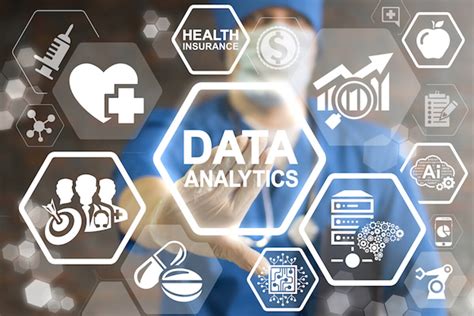
Introduction to Health Informatics
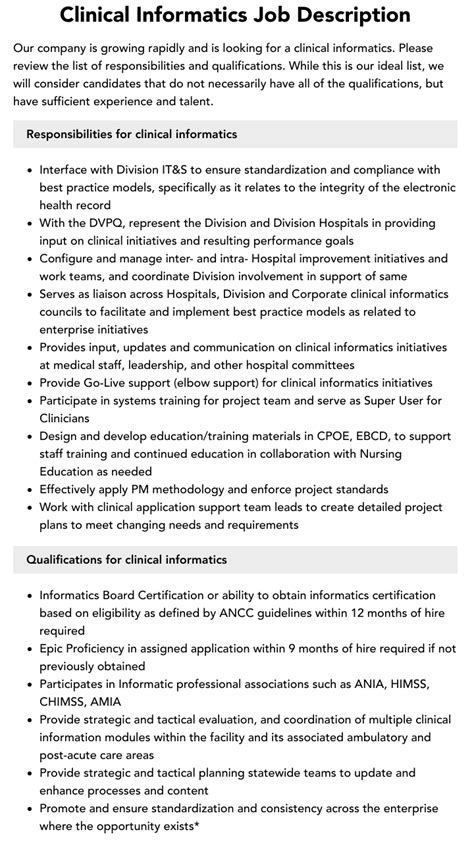
The field of health informatics has revolutionized the way healthcare is delivered and managed. By leveraging information technology and data analysis, healthcare professionals can make more informed decisions, improve patient outcomes, and reduce costs. Health informatics involves the design, development, and implementation of health information systems to support the collection, storage, and analysis of health data. This field has become increasingly important in recent years, as the demand for high-quality patient care and efficient healthcare services continues to grow.
Benefits of Health Informatics
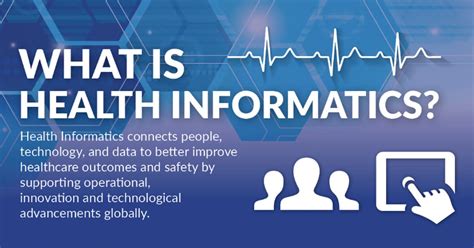
The benefits of health informatics are numerous and well-documented. Some of the most significant advantages include: * Improved patient outcomes: By analyzing large datasets and identifying trends, healthcare professionals can develop more effective treatment plans and improve patient outcomes. * Enhanced patient engagement: Health informatics enables patients to take a more active role in their care, through the use of patient portals and mobile health apps. * Increased efficiency: Automated systems and workflows can help reduce administrative burdens, freeing up staff to focus on more critical tasks. * Better decision-making: Health informatics provides healthcare professionals with access to real-time data and analytical tools, enabling them to make more informed decisions. * Reduced costs: By streamlining processes and reducing waste, health informatics can help healthcare organizations reduce costs and improve their bottom line.
Applications of Health Informatics
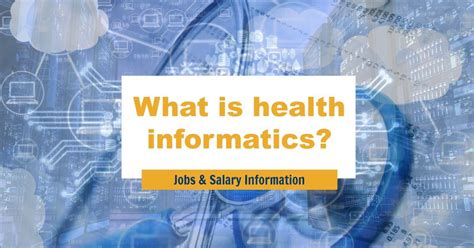
Health informatics has a wide range of applications in healthcare, including: * Clinical decision support systems: These systems provide healthcare professionals with real-time clinical guidance and recommendations to support decision-making. * Electronic health records: Electronic health records (EHRs) are digital versions of a patient’s medical history, containing information such as medications, test results, and treatment plans. * Telehealth: Telehealth involves the use of video conferencing and other digital technologies to deliver healthcare services remotely. * Public health surveillance: Health informatics can be used to track and analyze public health trends, enabling early detection and response to outbreaks and other health threats.
Challenges and Limitations
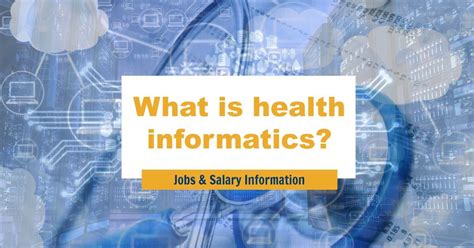
Despite the many benefits of health informatics, there are also several challenges and limitations to consider. Some of the most significant include: * Data quality and integrity: Ensuring the accuracy and completeness of health data is essential for effective decision-making. * Interoperability: Different health information systems often have difficulty communicating with one another, which can create barriers to data exchange and care coordination. * Privacy and security: Protecting sensitive patient data from unauthorized access and cyber threats is a major concern in health informatics. * Workforce development: The health informatics workforce requires specialized training and expertise, which can be a challenge in terms of recruitment and retention.
Future Directions
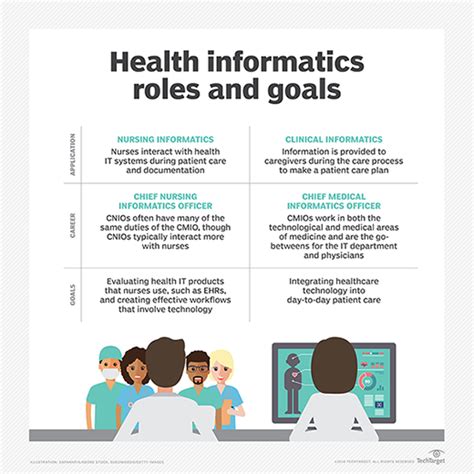
The future of health informatics is exciting and rapidly evolving. Some of the most promising areas of development include: * Artificial intelligence: AI has the potential to revolutionize healthcare by enabling predictive analytics, personalized medicine, and automated decision-making. * Blockchain: Blockchain technology offers a secure and decentralized approach to health data management and exchange. * Internet of Things: The IoT involves the use of connected devices and sensors to collect and analyze health data in real-time. * Personalized medicine: Health informatics can help enable personalized medicine by providing tailored treatment plans and targeted interventions based on individual patient characteristics.
📝 Note: The future of health informatics will depend on the ability of healthcare organizations and professionals to adapt to new technologies and workflows, while also addressing the challenges and limitations of this field.
Conclusion and Summary
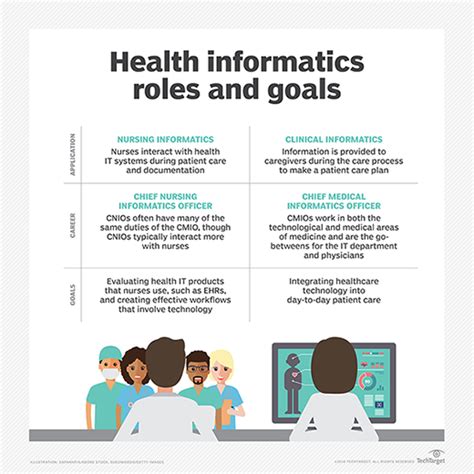
In summary, health informatics has the potential to transform the healthcare industry by improving patient outcomes, enhancing patient engagement, and reducing costs. While there are challenges and limitations to consider, the benefits of health informatics are clear. As this field continues to evolve, it is essential for healthcare professionals and organizations to stay up-to-date with the latest developments and advancements. By doing so, we can unlock the full potential of health informatics and create a more efficient, effective, and patient-centered healthcare system.
What is health informatics?
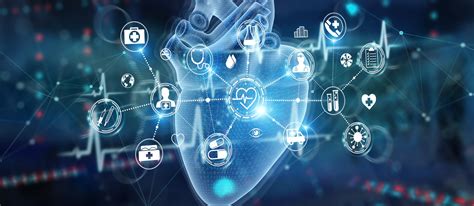
+
Health informatics is the field of study that focuses on the design, development, and implementation of health information systems to support the collection, storage, and analysis of health data.
What are the benefits of health informatics?

+
The benefits of health informatics include improved patient outcomes, enhanced patient engagement, increased efficiency, better decision-making, and reduced costs.
What are some of the challenges and limitations of health informatics?
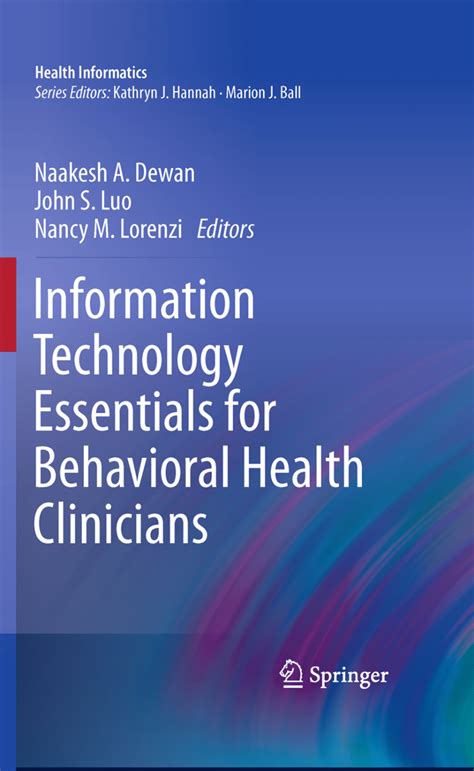
+
Some of the challenges and limitations of health informatics include data quality and integrity, interoperability, privacy and security, and workforce development.
What is the future of health informatics?
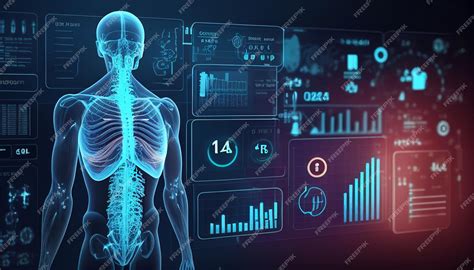
+
The future of health informatics is exciting and rapidly evolving, with promising areas of development including artificial intelligence, blockchain, Internet of Things, and personalized medicine.
How can healthcare professionals stay up-to-date with the latest developments in health informatics?
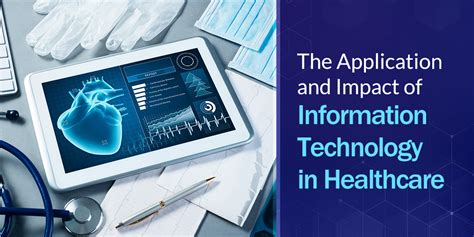
+
Healthcare professionals can stay up-to-date with the latest developments in health informatics by attending conferences and workshops, reading industry publications, and participating in online forums and discussions.
Related Terms:
- health care informatics job description
- health care informatics explained
- informatics in health care definition
- health care informatics meaning
- informatics in health care examples
- health informatics roles and responsibilities



